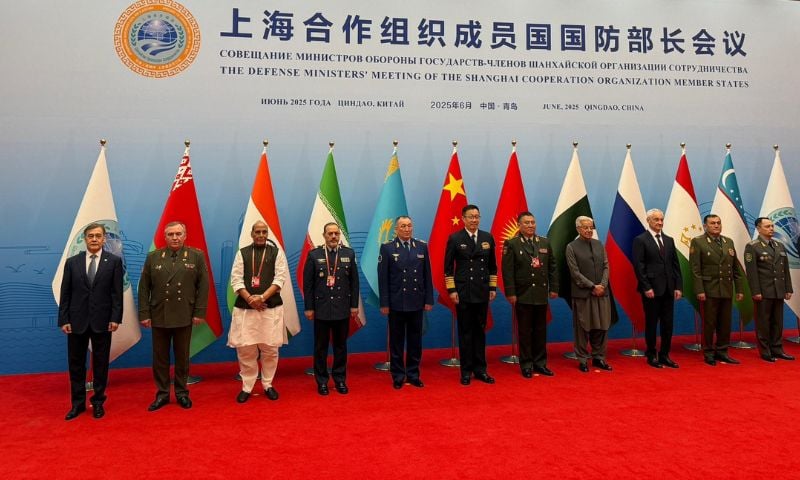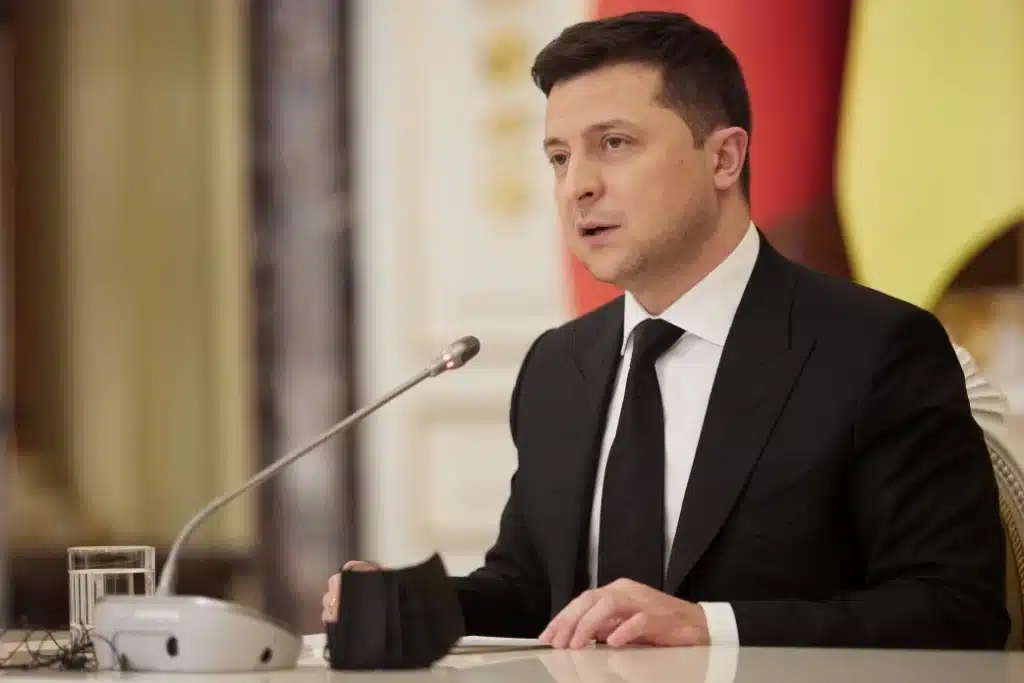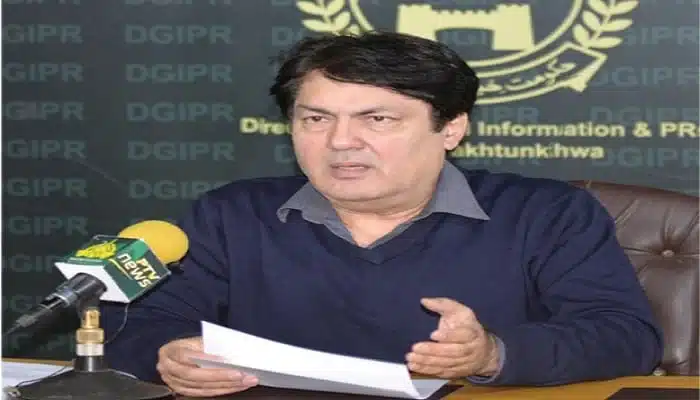ISLAMABAD – India has reportedly declined to sign a joint statement issued at the Shanghai Cooperation Organisation (SCO) Defence Ministers’ meeting, citing the omission of its concerns over terrorism, specifically a recent incident in Pahalgam, as the reason.
According to Indian media outlets, Defence Minister Rajnath Singh refused to endorse the statement because it did not mention the April 22 Pahalgam attack, which India alleges was linked to Pakistan. The document, however, did refer to foreign-sponsored terrorist activities in Pakistan’s Balochistan province.
Despite India’s accusations against Pakistan over the Pahalgam incident, it has yet to present credible evidence that convinces the international community. Nonetheless, New Delhi continues to urge its partners to acknowledge and support its position on terrorism.
The Inter-Services Public Relations (ISPR), Pakistan military’s media wing, criticized India’s refusal to sign the statement, labeling it a politically motivated move intended for domestic consumption. ISPR described the media reports as a “selective leak” aimed at generating political mileage back home.
In an official statement, ISPR explained that expert-level discussions for the SCO meeting began earlier in the month. India did not raise the Pahalgam incident during these preliminary talks. Instead, it introduced related language after the conclusion of expert consultations and just before the final senior officials’ meeting in Qingdao, close to the Defence Ministers’ session.
“India found itself isolated in its demand to include specific references to Pahalgam,” the statement noted. “While other SCO member states, including Russia, supported Pakistan’s broader stance on referencing various terror attacks across member countries, India remained fixated on its own narrative.”
ISPR further revealed that India threatened to block the entire protocol unless its proposed wording on Pahalgam was included. “Being the only dissenting party, India’s refusal to sign is essentially a response to its diplomatic isolation on the issue,” ISPR added, criticizing India for misrepresenting the situation by suggesting it voluntarily opted out of the agreement.
India also faced diplomatic pushback during discussions over the Iran-Israel conflict. The SCO had issued a statement condemning Israeli military aggression against Iran. India attempted to distance itself from the declaration, claiming non-participation in the drafting process. However, several member states reportedly expressed dissatisfaction over India’s apparent evasiveness.
Similarly, following U.S. attacks on nuclear facilities, India again attempted to avoid associating with the SCO’s joint stance but was ultimately compelled to join the statement, according to ISPR.
Read also: Pakistan and China reaffirm commitment to regional peace and security cooperation





